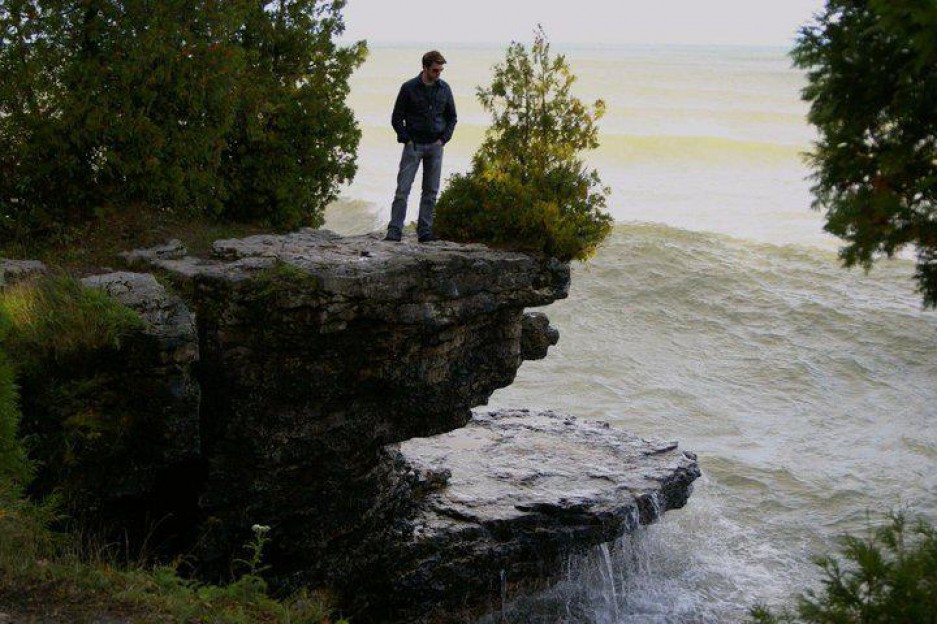For my final foray into considering the educational canon, I’d like to include nonfiction. Many speeches, letters and treatises have had a profound effect on the modern world as it relates to politics, economics, sciences, philosophy, the penal code, and human rights among other things. The following is my top ten non-fiction canon for works written in the last 250 years:
1) 1764 — On Crime and Punishment by Cesare Beccaria
This treatise was spread by Voltaire long after Beccaria lived out his life largely under house-arrest just for having written it. It suggested the first arguments against capital punishment, torture, and cruel and unusual punishment. It called for punishments to fit the crimes.
2) 1776 — The Wealth of Nations by Adam Smith [Hello free market.]
3) 1776 — “Common Sense” by Thomas Paine and The Declaration of Independence by Thomas Jefferson
4) 1845 — Narrative of the Life of Frederick Douglass, an American Slave by Frederick Douglass
5) 1848 — The Communist Manifesto by Karl Marx and Friedrich Engels
6) 1859 — On the Origin of Species by Charles Darwin
7) 1863 — “The Gettysburg Address” and The Emancipation Proclamation by Abraham Lincoln
8) 1869 — The Subjection of Women by John Stuart Mill
9) 1958 — Night by Elie Wiesel
10) 1963 — “Letter from Birmingham Jail” by Martin Luther King, Jr.
My three previous Friday posts listed Top 10s that included poetry, plays, and novels written in European languages. As of yet, I have not included a single graphic work in any of these lists, so I’d like to propose an eleventh item for this list as I think graphic works can be just as important and literary as non-graphic works.
11) 1991 — Maus by Art Spiegelman
What would you include in such a list, or what would you exclude? Let me know.
April is International Poetry Month. My Friday posts with all be poetry-related:
April 3rd– Poetry Forms I: Haikus and Limericks
April 10th– Poetry Forms II: Sonnets, Villanelles and Sestinas
April 17th– Poetry: Rhyming and Sounds
April 24th– Poetry: Avoiding Abstractions and Cliches
